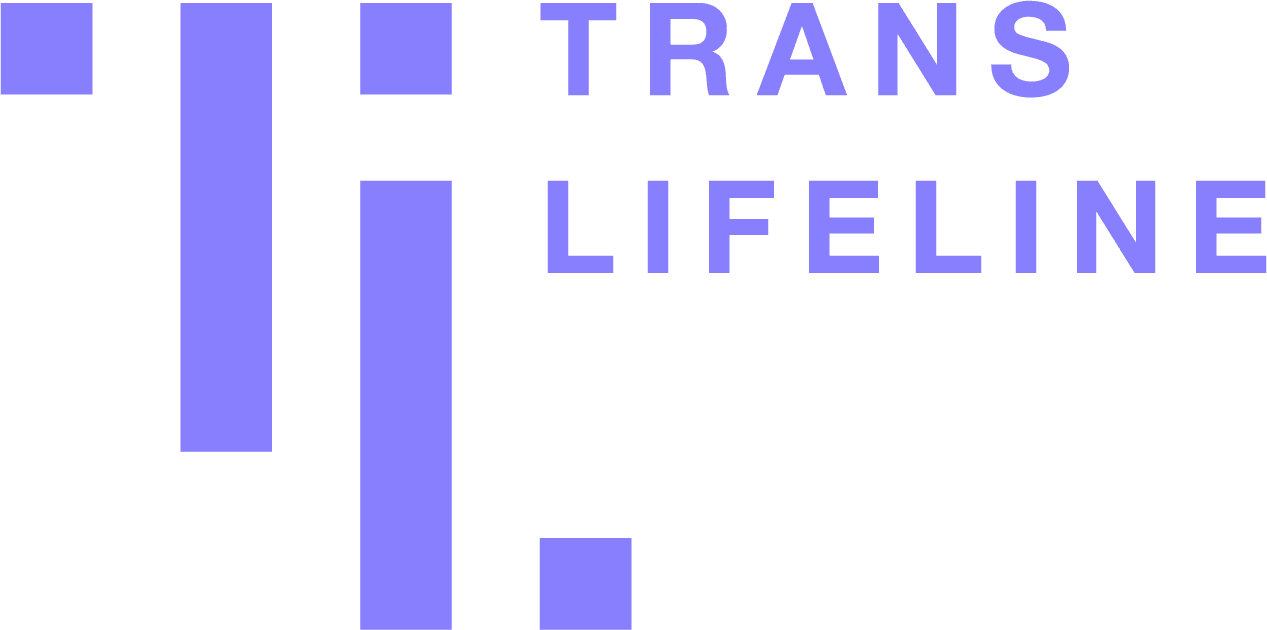Resources
-
Packer
A prosthetic phallus or phallic object used for packing, which may take the form of a penis shape or include a scrotum and testicles in addition to the phallus (see: packing). Packers range from low-tech, improvised pieces such as rolled-up socks or gel-filled condoms to high-quality devices that closely resemble dyadic male-assigned genitalia.
-
Packing
The process of wearing padding or a phallic object in the front of a person’s pants or underwear to create the appearance of genitals and may be used by transmasculine, non-binary, and/or other transgender individuals as well as drag king performers (Susan’s Place, 2019). Larson, Susan. “Terms and Definitions.” Susan’s Place Transgender Resources, 19 January…
-
Panromantic
A person who experiences romantic, but not necessarily sexual, attraction to people of all genders (Healthline, 2019). Sam is panromantic—over the years, they have developed amorous feelings for various people across the gender spectrum.
-
Pansexual
An individual who is sexually attracted to people of all genders and/or gender presentations.
-
Passing
To be perceived by others as one’s true gender. Some trans people prefer terms like “blending in” or “cis-assumed.” When Cameron began growing a beard, he found that he passed as male to strangers, who frequently referred to him using he/him pronouns.
-
Pathologize
To regard or view someone (or something) as medically and/or psychologically unhealthy and/or abnormal. Some medical models pathologize substance use as deviant and criminal rather than viewing the behavior as an understandable response to trauma.
-
Patriarchy
A Western social and cultural system of institutionalized power structures that uphold and reinforce the social dominance of heterosexual, cisgender men, but oppress, dominate, and exploit women and gender minorities. Within patriarchal societies, cisgender men typically control most wealth and private property and predominate in roles conferring citizens with significant political and/or moral authority. The…
-
Peer Support
A model of care and/or recovery consisting of people who provide knowledge, experience, emotional, social, or practical help to one another, sometimes in contexts outside of traditional mental health care settings (Mead, 2006). Mead, Shery, and Cheryl MacNeil. “Peer support: What makes it unique.” International Journal of Psychosocial Rehabilitation 10.2 (2006): 29-37.

